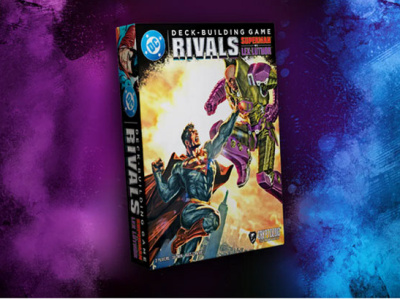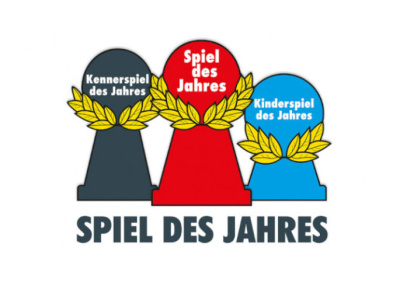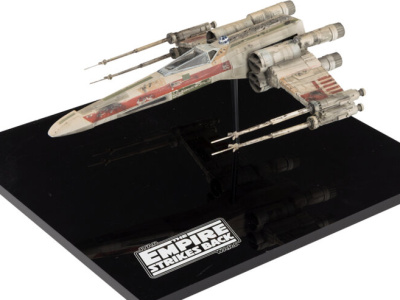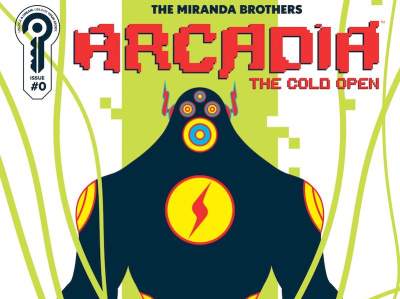
At Toy Fair, we talked to Konami Vice President—Card Business Yumi Hoashi and Marketing and Events Manager Takahiro Shimada about the company’s school programs for Yu-Gi-Oh!
Tell us about your outreach programs for kids.
Hoashi: We’re working with a marketing company that has a relationship with various after school clubs around the country. We’re sending out demo kits. It’ll include a leader guide that will teach whoever’s running the afterschool club what to do with the content of the kit. There’ll be demo decks, how-to-play posters, and a DVD with a couple of episodes each of Yu-Gi-Oh! Classics and Yu-Gi-Oh! Zexal.
There will be other little mini-games that the teacher can do with the kids to promote teaching the Yu-Gi-Oh! card game. We also worked with Time magazine last year in late October to get a bonus issue of Time for Kids into the schools. That went into grades 5 and 6 around the country.
Normally afterschool clubs are related to specific topics. What kinds of clubs are they?
Hoashi: These are stand-alone programs. The specific company that we’re working with has a list of vetted afterschool clubs that want to be part of these kinds of marketing initiatives.
Are they afterschool child care programs?
Shimada: There are various types of clubs. There are 6,000 of them throughout the nation.
And these school or other programs have said they’re willing to receive the material?
Shimada: It’s a value-add for the schools as well. By opting in for a program like this, they’re able to receive materials from companies such as us to provide to their kids that are not only educational but give them something to play with during the afterschool programs as well.
The program is based on teaching kids how to play the game. The leader guide takes the teachers on a step-by-step process on how to play the game in an easier way than trying to teach in a one fell swoop. It takes them through different activities from using the cards in a war games manner to learn how the defense and attack points work; and gradually brings them up to a point where they’re actually learning how to play a game; and driving them towards our Website so that they can learn how to play against one another in tournaments and so on.
Hoashi: What was important in the Time for Kids program is that we really focused on the educational aspect of Yu-Gi-Oh!. I think that was what the teachers really appreciated; that was the feedback.
What does Yu-Gi-Oh! help teach?
Hoashi: Math skills, obviously, because you start out with 8,000 life points and you’re having to deduct your life points all of the time. Strategic thinking, because you have to think ahead and plan ahead, so if I play this card now, then what’s my opponent going to play or what’s my next move after my opponent’s turn.
Shimada: Goal setting. It goes along with strategic thinking within your strategy and trying to set goals within your play. It also goes along with setting goals for yourself in your everyday life.
Hoashi: We’re not force feeding it. We’re not saying, "Its educational, you’ve got to buy it." It’s so difficult for kids to sit down and do their math or their homework or even read these days, so a lot of the feedback that we’re getting from the parents at our events is that it really does improve their report cards. Or they might use it as a reward program where if you do your homework, or do these chores, I’ll buy you a pack, or I’ll take you to the hobby store and you can play. I think there are definite benefits on both sides.







